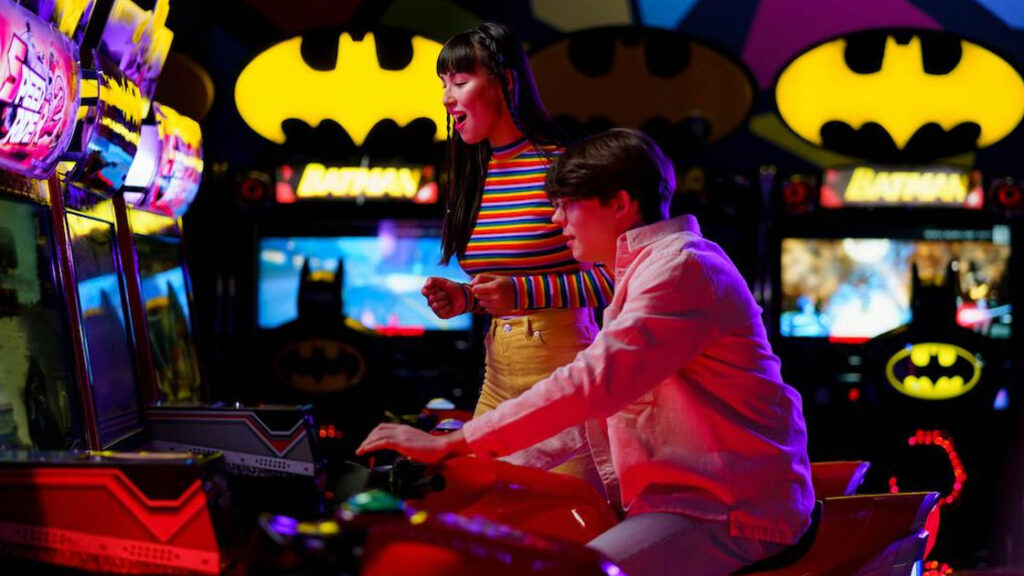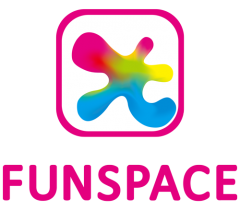Tecnología Co. de Guangzhou Funspace., Limitado.
FunSpace es un proveedor y fabricante de máquinas recreativas que se centra en la investigación independiente., producción de desarrollo,Ventas y servicio de máquinas de juegos arcade que funcionan con monedas..
CONTÁCTENOS
Teléfono: 0086 18011735497
Correo electrónico: ventas@fun-space.com
DIRECCIÓN: No. 42 Carretera Shixin, Calle Donghuan, Distrito de Panyu , Cantón, Porcelana.
Menú
03.11-01.png)
03.11-01-r2ovxs9ji8xd15vmji6osjfqdxihkmwwmbnb0oi0dw.png)

